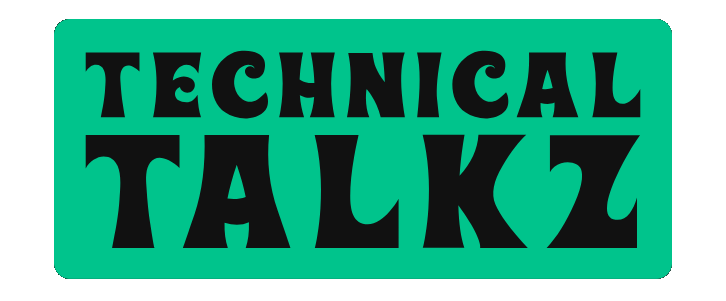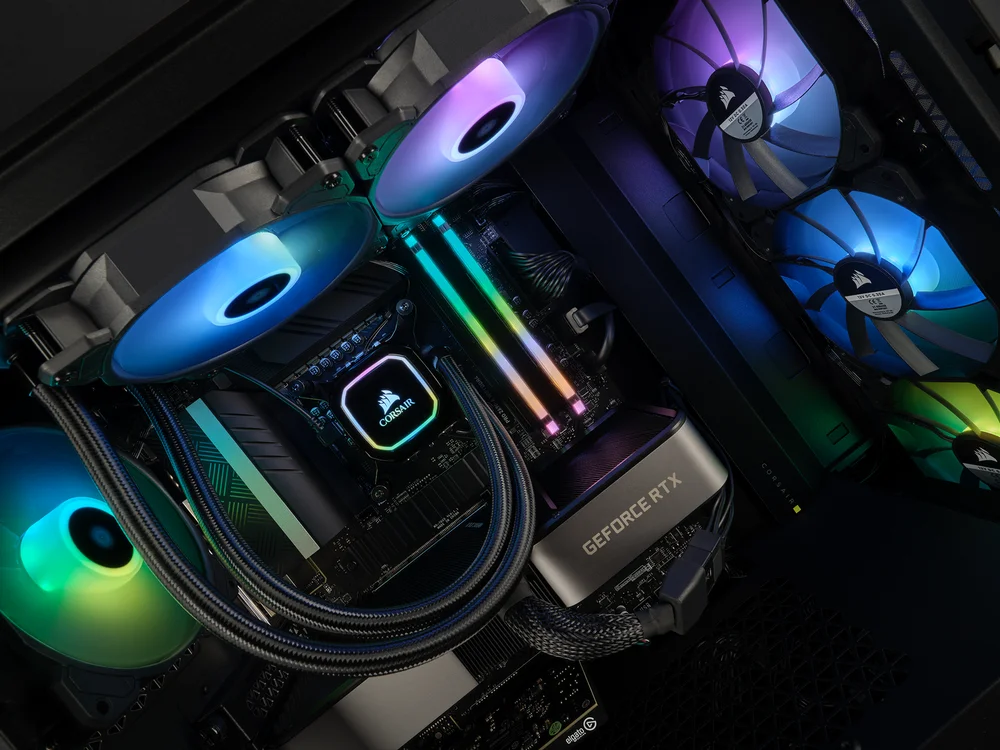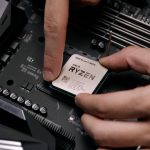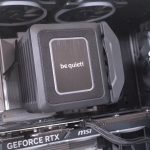If you’re planning to get a new PC in 2025—whether for gaming, content creation, or daily tasks—you’ll face one crucial question: Should you go for a prebuilt PC or build your own custom setup?
Both options come with their own pros and cons, and the right choice depends on your budget, needs, and how tech-savvy you are. In this blog, we’ll break down performance, price, upgradability, and support to help you make an informed decision.
💰 1. Cost Comparison
🔹 Prebuilt PCs:
Prebuilt systems offer convenience but come with a markup. You’re not just paying for parts—you’re also paying for assembly, warranty, support, and branding. Some manufacturers include bloatware (unwanted pre-installed software), which can affect performance.
In 2025, prices for prebuilt PCs have improved, but you’re still likely to pay 10–25% more compared to a custom build with similar specs.
🔹 Custom PCs:
Building your own PC lets you control every dollar spent. You can prioritize your budget toward components that matter most, like GPU or SSDs. There are no unnecessary extras, and deals on individual parts can help you save even more.
Winner: Custom PC — especially for budget-conscious buyers.
⚙️ 2. Performance & Customization
🔹 Prebuilt PCs:
Manufacturers sometimes use lower-quality components (e.g., generic power supplies or single-channel RAM) to cut costs. You may not always get the best performance for your money unless you buy from a high-end brand.
🔹 Custom PCs:
You can handpick each part—from a high-performance GPU to premium cooling solutions. Want RGB lighting, overclocking support, or Wi-Fi 6E? It’s all up to you. This freedom allows optimized performance for your exact use case.
Winner: Custom PC — maximum performance per dollar.
🔄 3. Upgradability & Future-Proofing
🔹 Prebuilt PCs:
Some prebuilts use proprietary motherboards, cases, or power connectors, making future upgrades more difficult. You might also have limited space for adding new hardware like extra SSDs or better cooling.
🔹 Custom PCs:
You choose standard, modular parts with future upgrades in mind. Need a stronger GPU or more RAM down the line? Easy. Plus, you’re already familiar with your system’s internal layout.
Winner: Custom PC — better for long-term investment.
🧩 4. Ease of Use & Setup
🔹 Prebuilt PCs:
This is where prebuilts shine. Just plug in and start using it. No risk of component incompatibility or assembly mistakes. Great for beginners or users who don’t have time or confidence to build.
🔹 Custom PCs:
Building a PC requires research, patience, and time. You might face hurdles like static electricity precautions, BIOS updates, or cable management. But the learning experience is incredibly rewarding.
Winner: Prebuilt PC — ideal for non-techies or time-sensitive buyers.
🛠️ 5. Support & Warranty
🔹 Prebuilt PCs:
Most manufacturers offer warranties and support. If something breaks, you often get full system support without needing to troubleshoot individual parts.
🔹 Custom PCs:
Each component comes with its own warranty, but you’re responsible for diagnosing and handling returns. Some issues might take longer to resolve if you’re not experienced.
Winner: Prebuilt PC — better for ease of service and support.
🏁 Conclusion: Which One Should You Choose in 2025?
| Category | Winner |
|---|---|
| Cost | Custom PC |
| Performance | Custom PC |
| Upgradability | Custom PC |
| Ease of Use | Prebuilt PC |
| Support | Prebuilt PC |
Go with a Prebuilt PC if:
- You want convenience and minimal setup.
- You’re new to PC hardware or don’t want the hassle.
- You value warranty and brand support.
Choose a Custom PC if:
- You want better performance for your money.
- You enjoy learning and building tech.
- You plan to upgrade in the future.
In 2025, custom PCs offer the best value if you’re willing to put in the effort. But for many, a prebuilt machine is still a smart, practical option.



